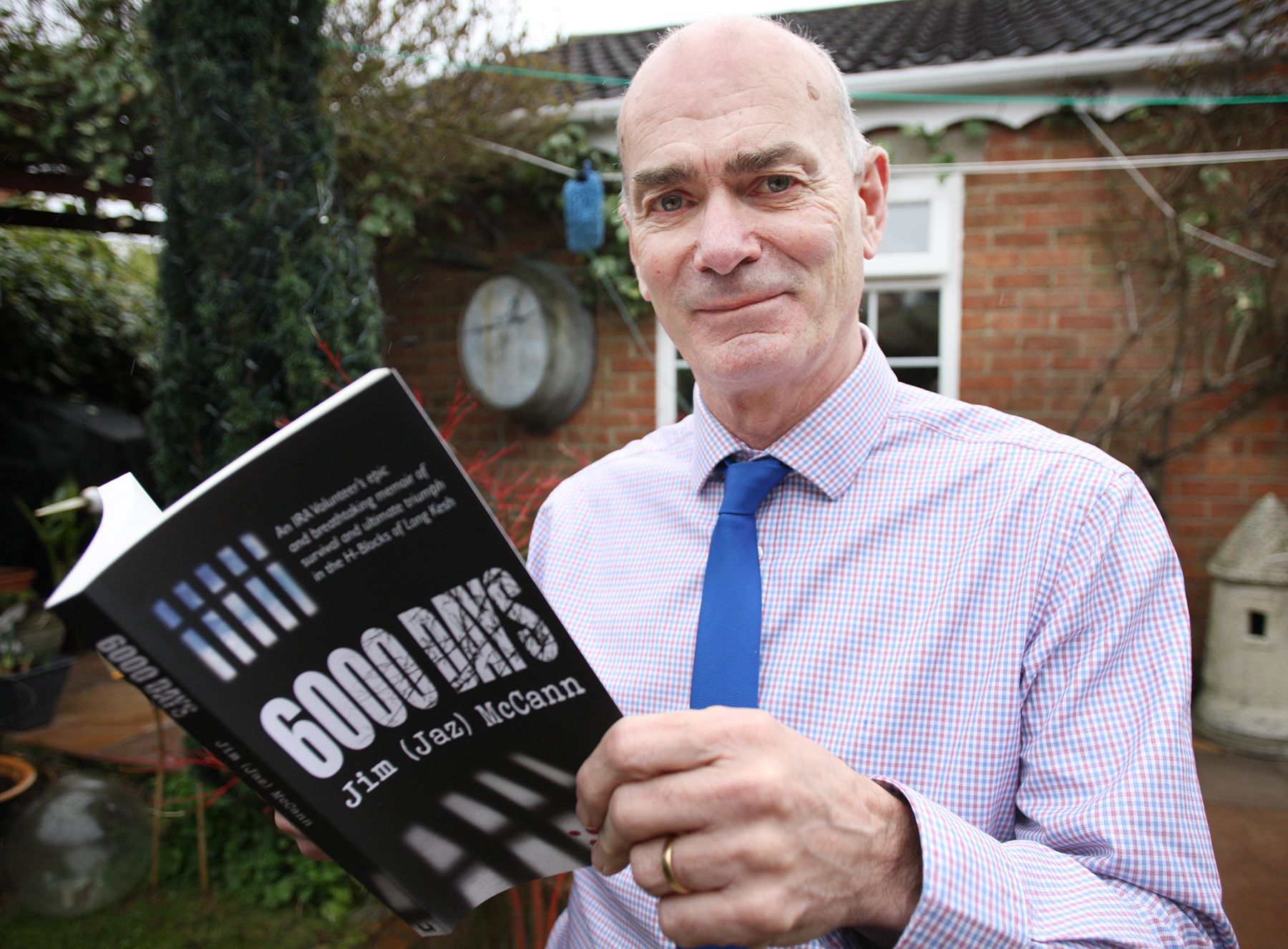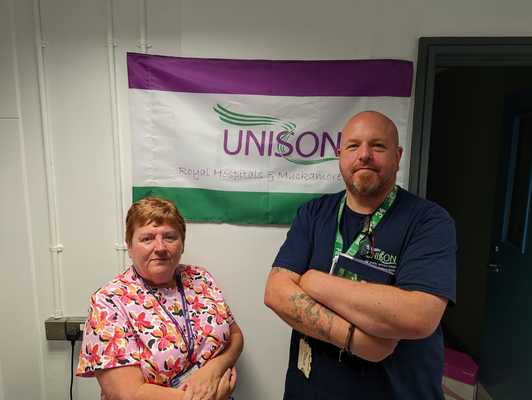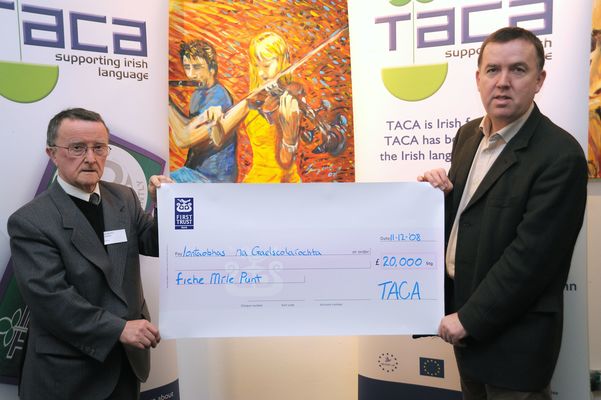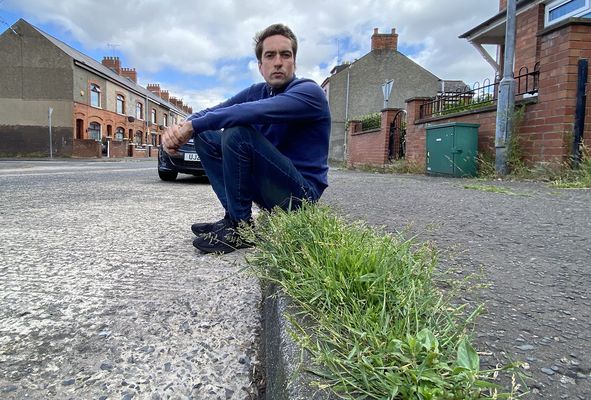A WEST Belfast man who spent over 17 years in the H-Blocks has released a ground-breaking personal account of the republican prison struggle.
In 1976, Jim ‘Jaz’ McCann was sentenced to 25 years in prison after being captured on an IRA operation. He spent five years on the blanket protest.
He was later sentenced to a further five years imprisonment for his part in the IRA’s 1983 escape from Long Kesh.
His new memoir, entitled ‘6,000 Days’, is perhaps the most personal account of the struggle in the H-Blocks to date.
The book offers a journey from the early days of the blanket protest, through the hunger strikes and, finally, the achievement of political status.
Reflecting on his biographical account, Jaz said that the story of the H-Blocks should be told by “as many people as possible”.
“It’s very important for us to get our narrative out there and to tell the general public what happened because a lot of it is hidden,” he said.
“I also felt a duty to some of the ex-prisoners and to the hunger strikers, and Joe McDonnell in particular, to tell the story.
“I was in the H-Blocks from when it opened to when it closed – 76 to 94, so I was there throughout the period of the struggle for political status, the escape, the kickback from the administration after the escape and having to break that down, to when it became a more humane regime. PRIDE: The funeral of Joe McDonnell makes its way down the Shaws Road in July 1981
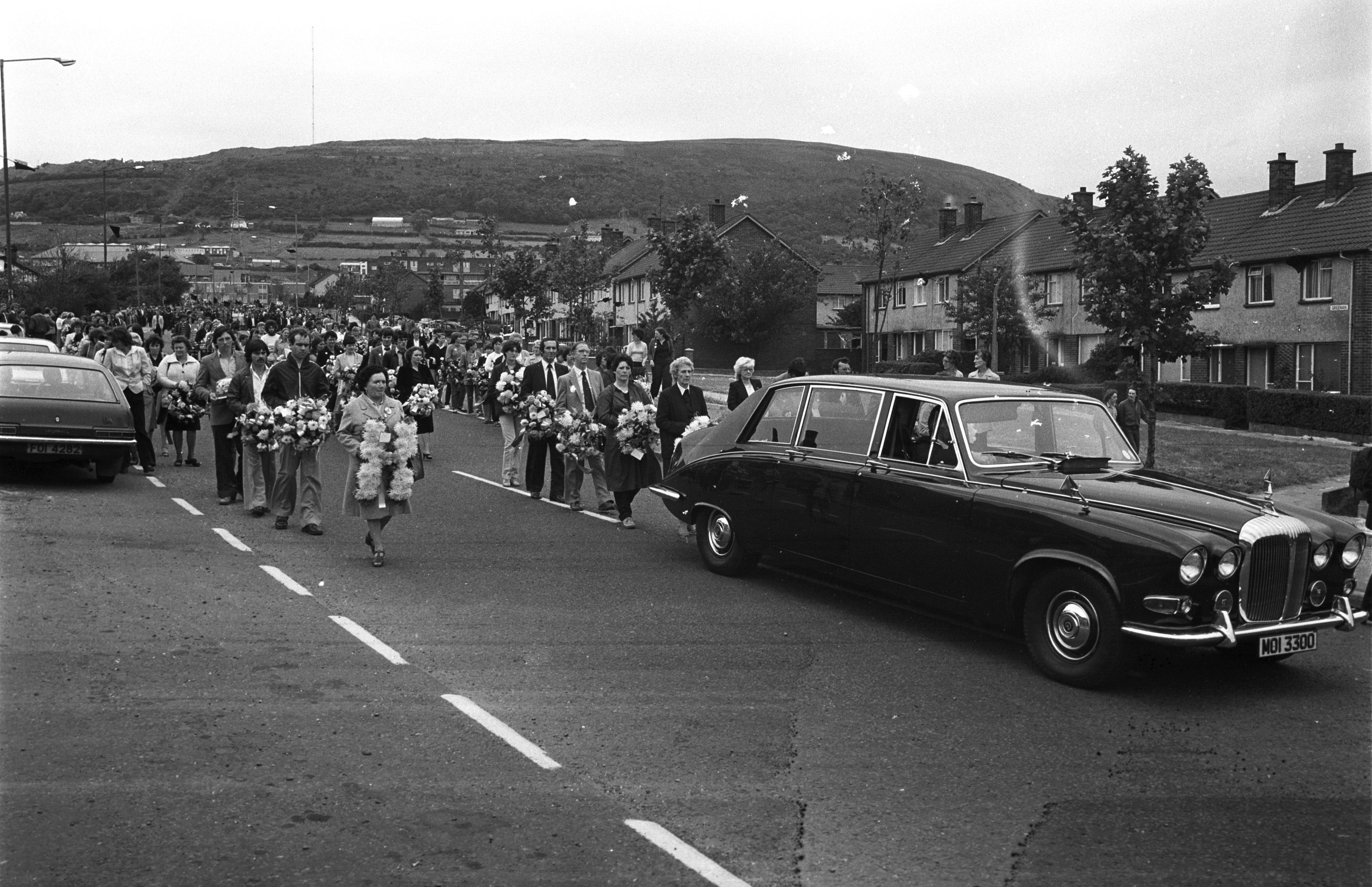
“The philosophy in the jail was starting to change whenever I was leaving. It was becoming a more liberal regime and there was an acceptance within the jail that we were political prisoners, and that we would run the wings ourselves – basically they confined the security to the perimeter rather than inside the wings.
“It was a long, hard fight to get that, but it was a fight that we were always going to win because we knew we were right, we were political prisoners, and we were determined to make sure they were the conditions in which we would be imprisoned.”
Asked about his focus on Joe McDonnell, who died after 61 days on hunger strike, Jaz described him as a “giant of man” who helped guide prisoners through the darkest of days.
“Every blanketman will tell you that we owe a great debt to the 10 lads,” he explained. ADMIRATION: The coffin of Joe McDonnell is shouldered from his home to Oliver Plunkett Church in July 1981
“They died for us. They didn’t want to let the lads down – obviously there was the wider context of the struggle, but they didn’t want to let us down.
“I was with Joe for several years, we were only a cell apart, we were from the same area, we had a lot in common.
“He was a dynamic figure, he was a leader, he was a great raconteur, he was very entertaining, he had so many stories and he kept the wing alive.
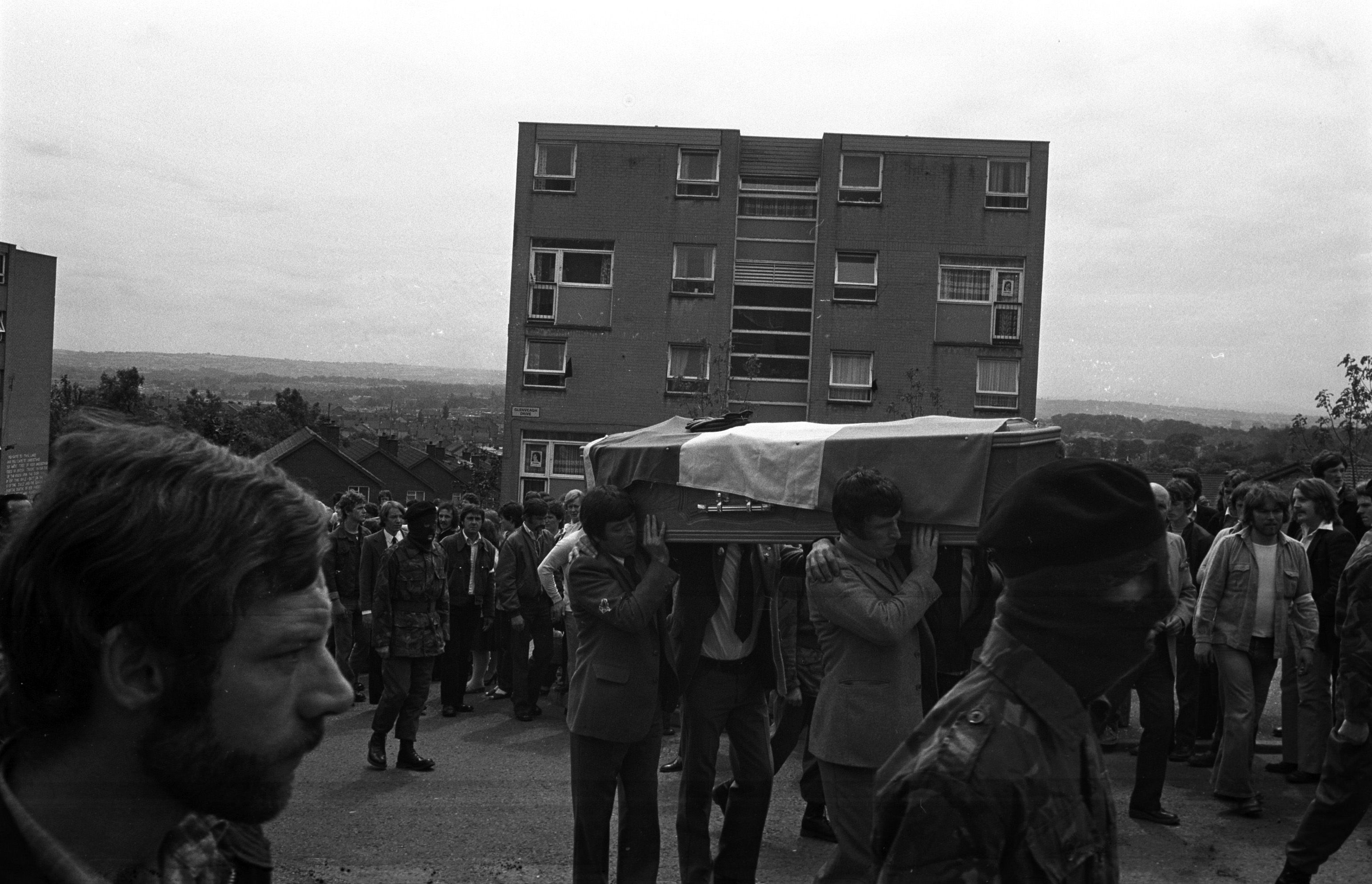
“I think he had a certain responsibility for the wing because whenever we were getting it really tough, whenever it was a bit quiet because people were licking their wounds, Joe McDonnell was always the one who stood up to get the craic going, to get the lads up to the doors, to get them shouting out and telling stories and quizzes.
“He would never let the wing lie down.
“No matter what they threw at us Joe McDonnell was always the first up to the door and rallying the troops – you have to admire that.”
He continued: “I also mention in the book about his passion for his children.
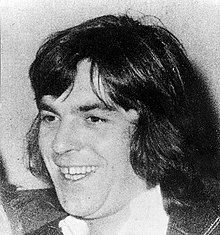
“He never shut up about his children and the day he was going to be with them again and be with his wife. Not only just being with them, but wearing his own clothes, having political status, getting them up on visits and sitting beside them. He just talked incessantly about that. It’s so sad that he never got the day he deserved.
“He’s always in my thoughts, and I just wanted to let his children know that he never gave over about you – he was so passionate about you.”
The struggle in the H-Blocks marked a seismic shift in the politics and strategy of the republican movement. Achieving political status also saw the republican prisoners refocus their efforts on education.
A year before his 1994 prison release, Jaz McCann achieved a First Class Honours Degree in Humanities from the Open University. He went to Galway University, qualified as a teacher and has a Masters degree in Education. Now a primary school acting principal, he insists education is key to societal progress.
“Education is so important,” he said.
“It helps you to reach your potential and be the best you can. Whatever your political beliefs that’s the way you can contribute and that’s the way you can enhance things in the world – you have to have knowledge.
“Therefore, you need to educate yourself and politicise yourself to bring the struggle forward, and thankfully that’s where we are today because nobody wants to return to a situation like the 70s and the 80s.”
He added: “Militarisation had its place but it’s gone now, and there’s no need for it any more.
“We’ve taken it to another level and we don’t want anybody to spend another day in jail or anybody else to lose their lives.”
• The first print run of 6,000 Days has sold out, but a second run is imminent and the book will be available in the Cúlturlann and An Fhuiseog/Arts Shop.

